
THE SLEEP-PAIN CONNECTION: WHAT YOU NEED TO KNOW
Did you know our bodies naturally produce substances with pain-relieving effects similar to morphine? It turns out that not getting enough sleep can make your body less responsive to these substances. For the pain-relieving properties to kick in, sleep must be uninterrupted, meaning that sleep continuity should also be a priority and not just getting enough of it [7].
Sleep enhances our ability to remember things, helps regulate our body's use of glucose, reduces mental fatigue, and plays a crucial role in tasks such as tissue repair, maintaining the balance of nervous connections in our brain (synaptic homeostasis), and responding to immune-related issues [1]. Additionally, during sleep, the brain clears harmful waste products that build up during the day.
Since sleep is linked to many bodily functions, the concept of 'sleep extension' has surfaced as a possible solution for conditions such as chronic pain or even to enhance the process of recovering from an injury. Sleep extension can be defined as an increase in habitual total sleep time either in nighttime sleep, for example, going from 6-8 hours per night to 10, or by adding naps during the day [4].
In this article, we discuss several mechanisms as possible explanations for the relationship between pain and sleep and how sleep extension could be a powerful tool for anyone looking to improve pain management and overall well-being.

SLEEP AND EMOTION REGULATION
When you sleep less, you have difficulty controlling your emotional responses and may snap at your partner; here's the physiological explanation. Lack of sleep reduces activity in the prefrontal cortex, triggering stronger amygdala emotional responses. The prefrontal cortex is also known to mediate the emotional regulation of pain. In fact, research suggested that this brain region is the primary mediator of pain-relieving activity and/or emotional responsibility [5]. The relationship between the prefrontal cortex and pain regulation implies that increased sleep may enhance pain modulation, offering a potential explanation for improved pain tolerance during well-rested states.

SLEEP DISRUPTION AFFECTS YOUR SEROTONIN LEVELS
Serotonin is a chemical in your brain that regulates mood, emotions, and other essential functions. Studies performed in rodents found a decrease in serotonin levels following 96 hours of REM sleep deprivation—the deepest and most intense sleep phase. At the same time, the release and synthesis of serotonin seem to increase following sleep extension. This is especially relevant when considering that the brain region related to pain modulation responds to the available serotonin levels for better functioning. Hence, if you don’t get enough sleep, your serotonin levels decrease and the serotonin-dependant region of the brain that modulates pain doesn’t get its fuel [2,6].

HOW SLEEP DEPRIVATION AFFECTS YOUR NERVOUS SYSTEM
Sleep deprivation raises pain responsivity within the primary sensing regions of the brain's cortex yet blunts activity in other regions that modulate pain processing, the striatum and insula. In other words, sleep loss increases the experience of pain. However, the brain mechanisms underlying altered pain processing following sleep deprivation are unknown [3].

CIRCADIAN SYSTEM—YOUR INTERNAL CLOCK
How we sleep and how our internal body clock (circadian system) work together greatly impact our immune function. While we sleep, certain hormones and substances that support our immune system are synchronised to help kickstart our body's ability to respond to threats.
If you don't get enough sleep, occasionally and over a long time, it messes up the balance between hormones that help break things down (catabolic) and those that build things up (anabolic). Lack of sleep also increases signs of inflammation throughout your body. So, when you're sleep-deprived, you have more 'breakdown' hormones like cortisol—also known as the stress hormone. Meanwhile, the 'build-up' hormones like testosterone, GH (growth hormone), and IGF-I (insulin-like growth factor) decrease [1].

INDIVIDUALS WITH NORMAL SLEEP HABITS VERSUS THOSE WITH A DEFICIENT PATTERN
Insufficient sleep heightens everyone's pain sensitivity, but does sleep extension impact well-rested individuals? A study was conducted on 27 healthy, pain-free participants, adding nearly 2 hours to their nightly sleep. This extended sleep improved pain tolerance but did not affect pain threshold. Unsurprisingly, those with more sleep deficit experienced even more significant pain tolerance improvements [5].

SO, IS SLEEP EXTENSION SUFFICIENTLY BACKED UP FOR YOU TO TRY IT OUT?
Numerous studies show the benefits of sleep extension for pain management; however, factors like your sleep pattern might need to be considered to ensure the best outcomes. Another relevant aspect is the chronotype, which consists of the propensity to be more alert and active at a specific time of the day, establishing a preference to sleep at a certain time [4].
Returning to basics, ensuring adequate sleeping habits and meeting the required sleep duration should be a priority. Once this is covered, you can find different recommendations for sleep extension, such as getting between 9 to 10 hours of sleep per night (instead of the 7-hour minimum often recommended) and taking 20, 40, or 90-minute naps [4].
If you are looking into sleep extension as a strategy to enhance your injury recovery process, read our article BEST LIFESTYLE HACKS FOR INJURY RECOVERY for a more holistic approach. Plus, if you are someone who constantly deals with pain on any level, you might want to check out our article PAIN-FREE DIET for extra tools.

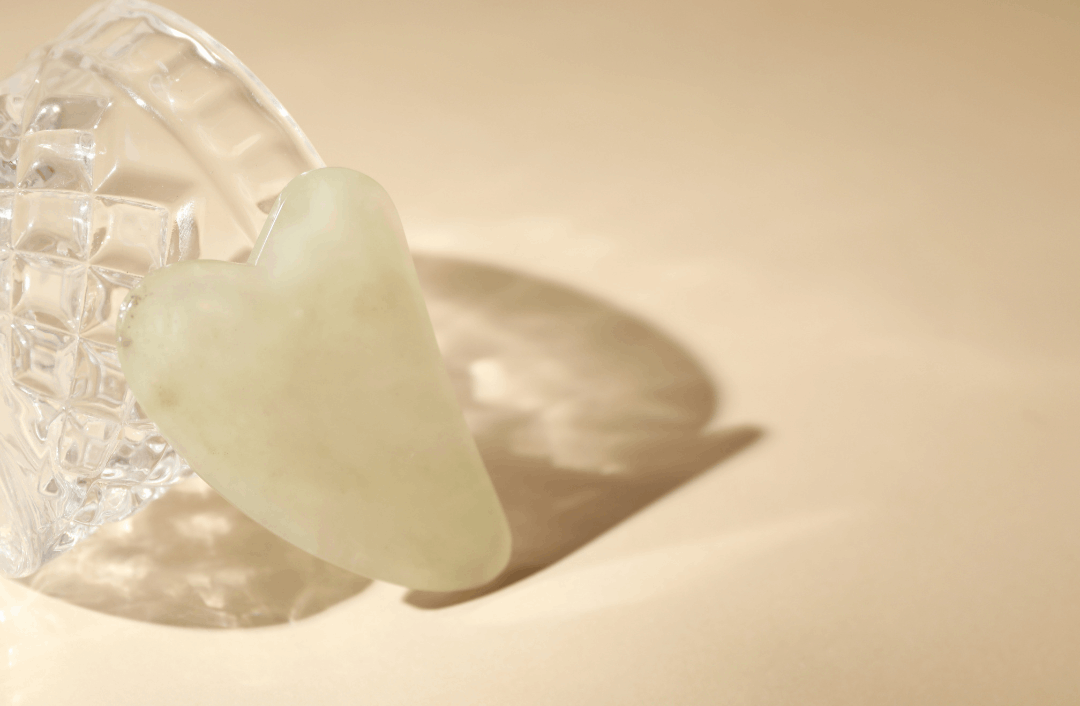
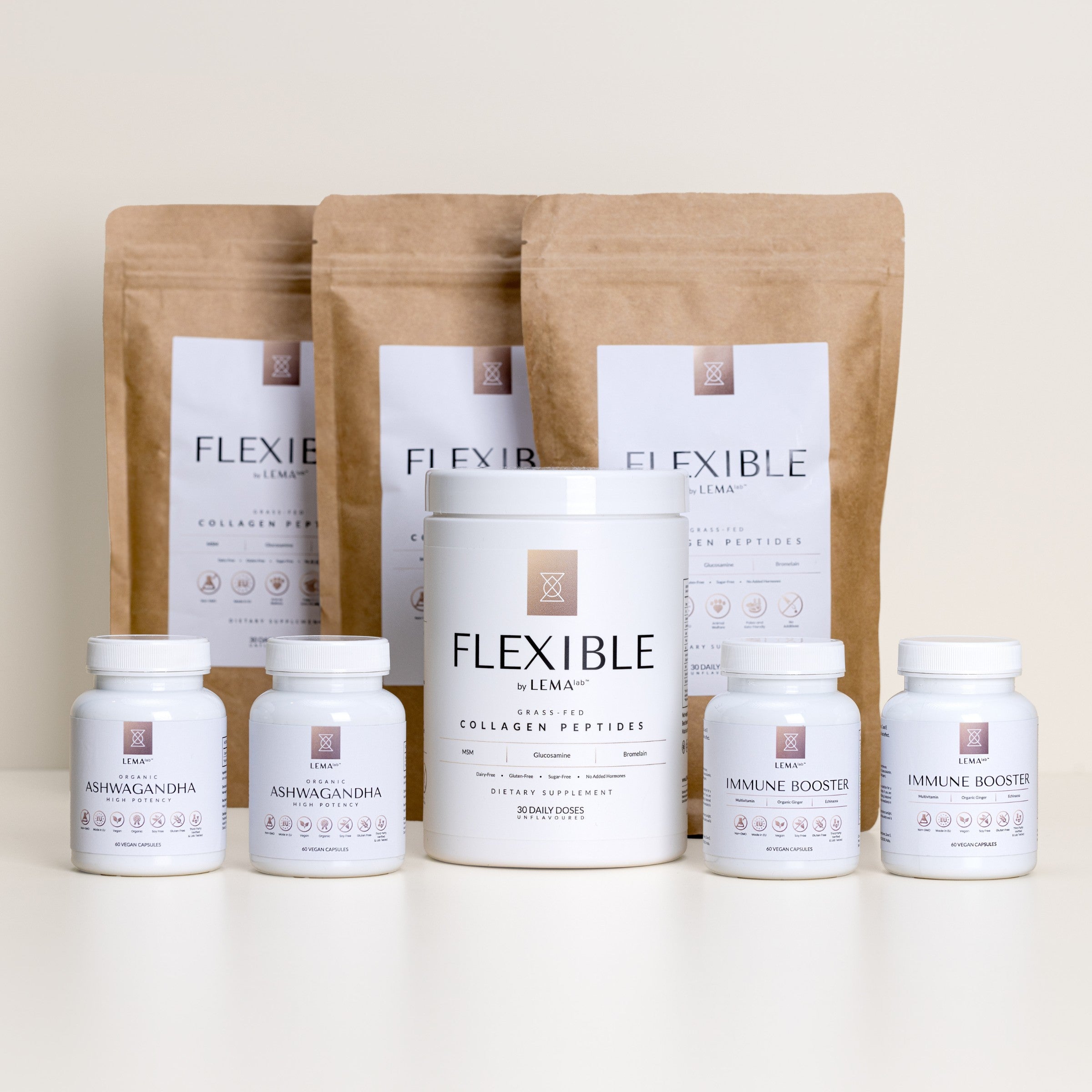
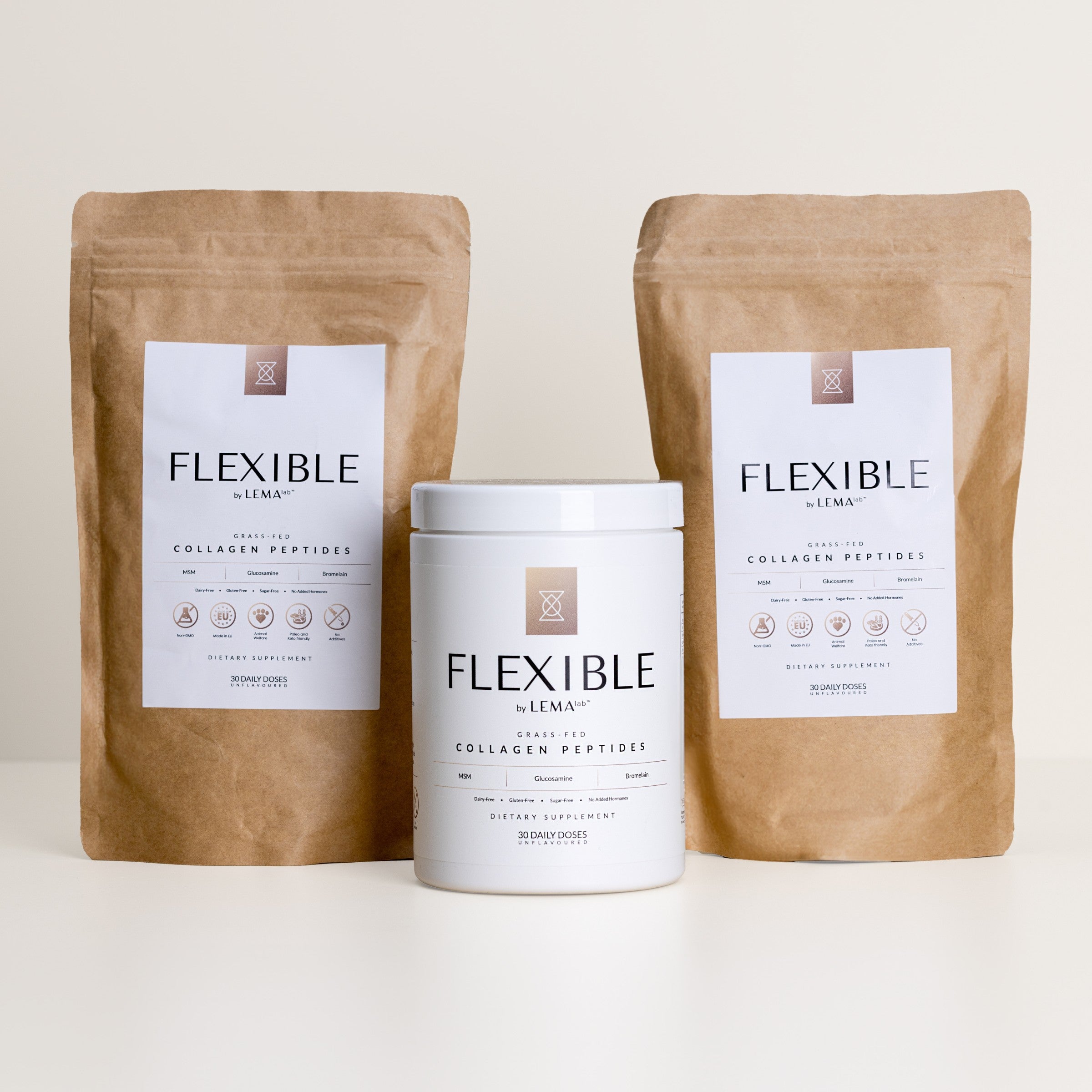

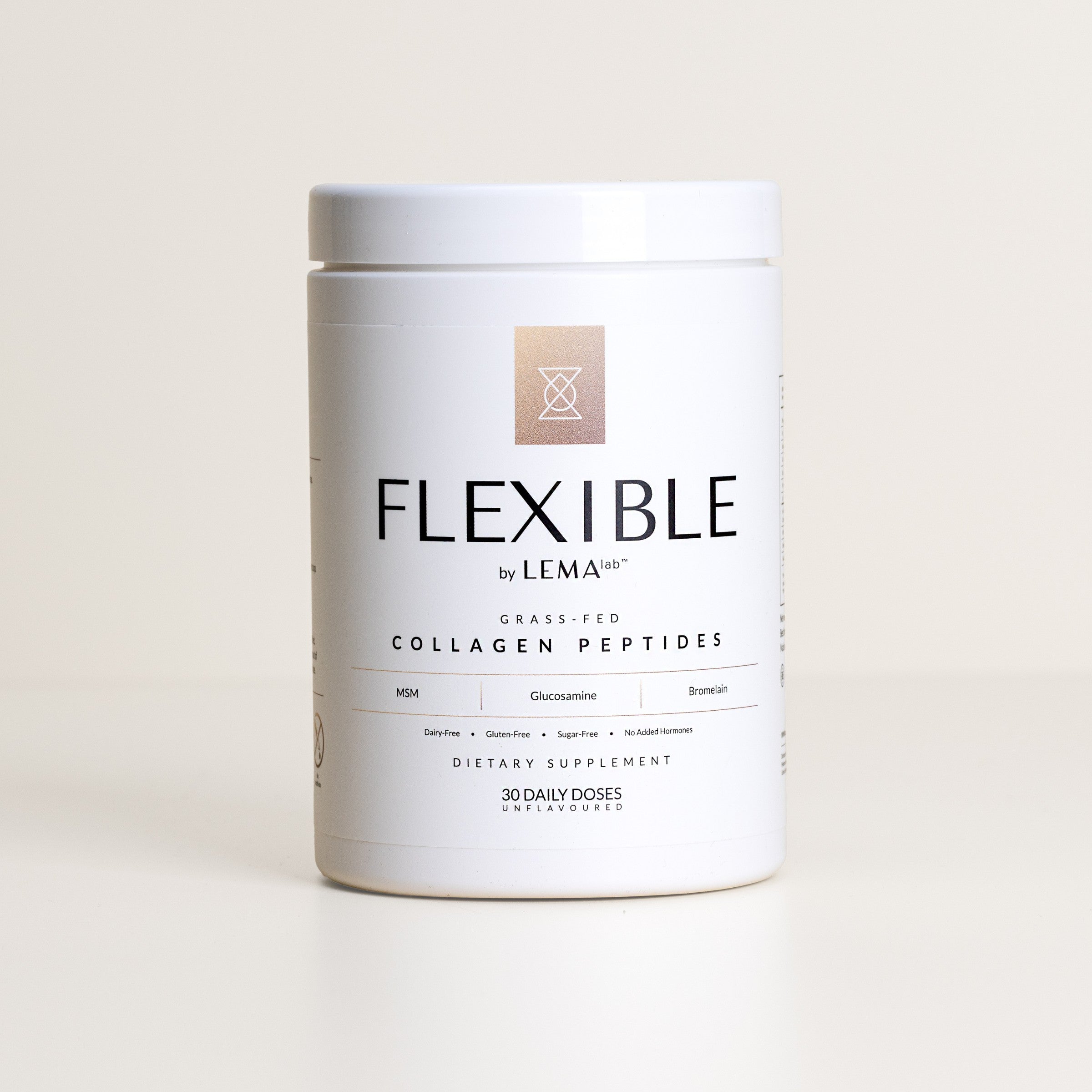
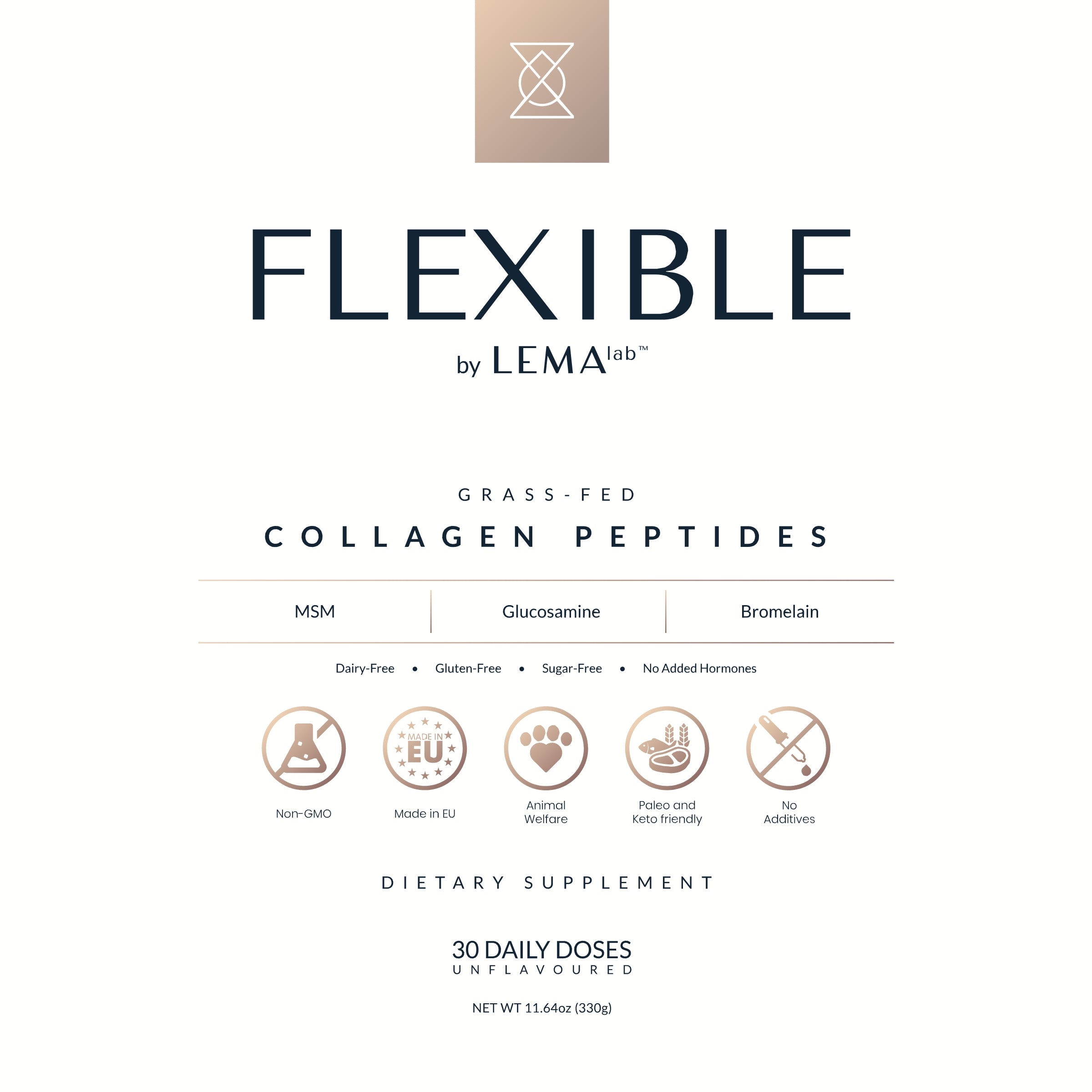
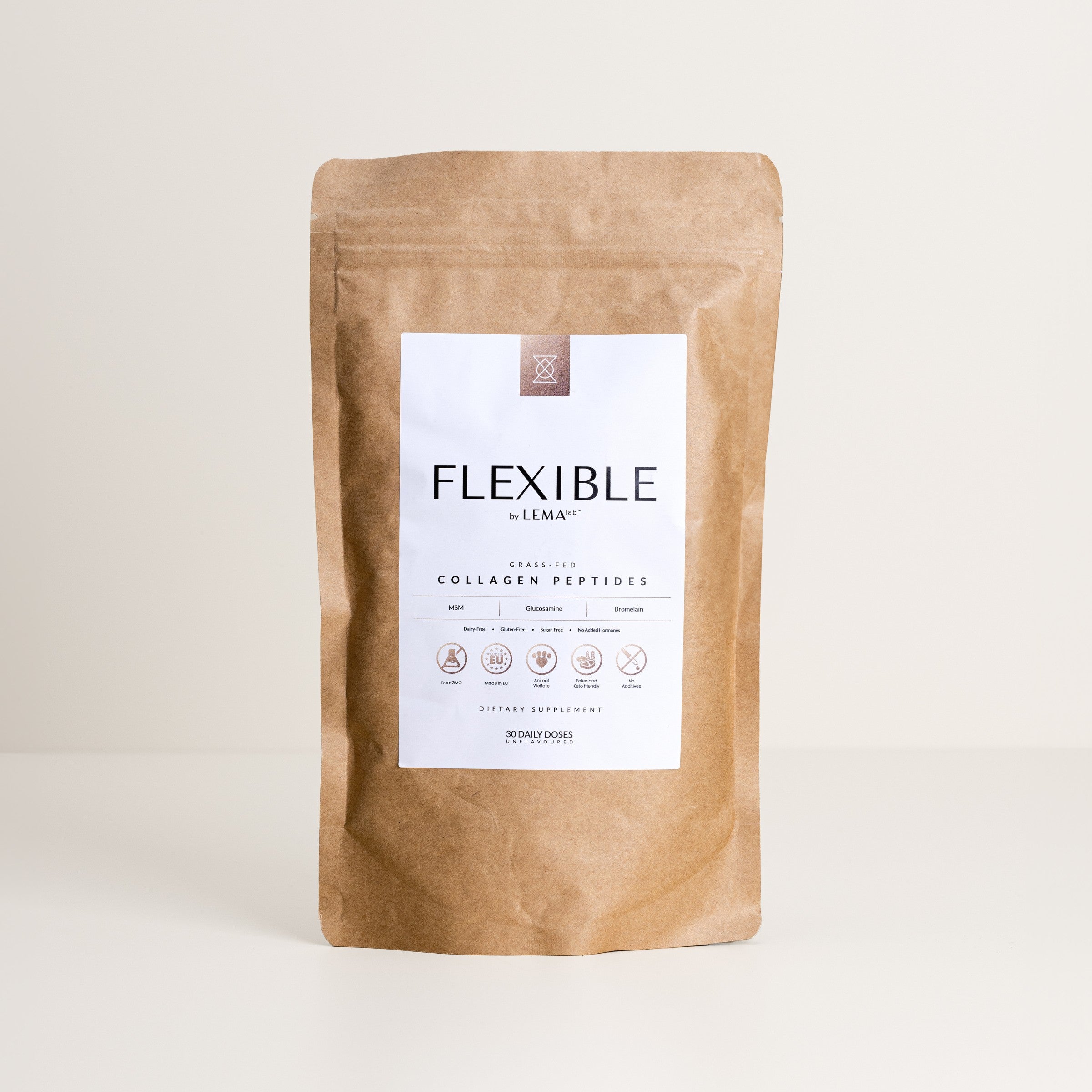
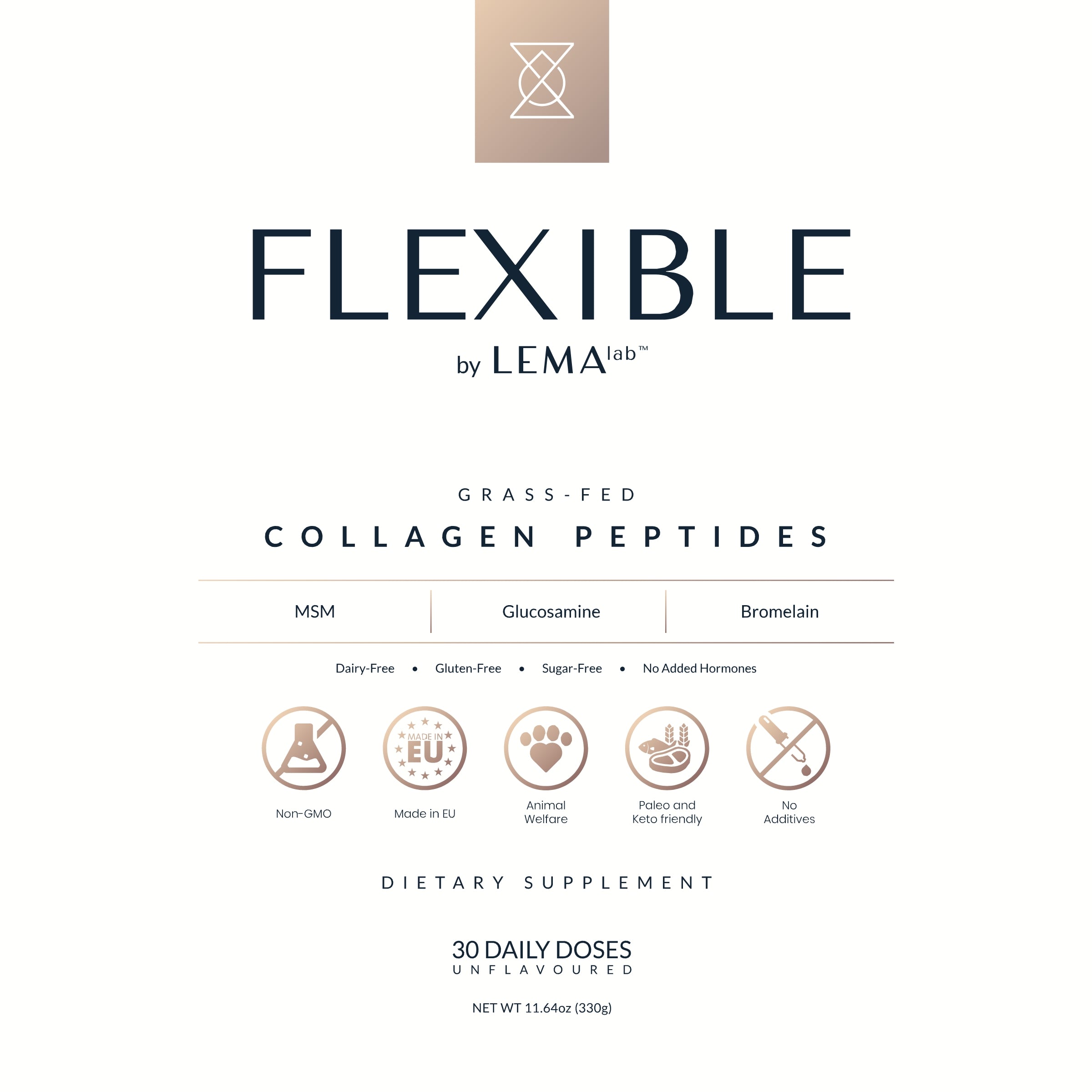
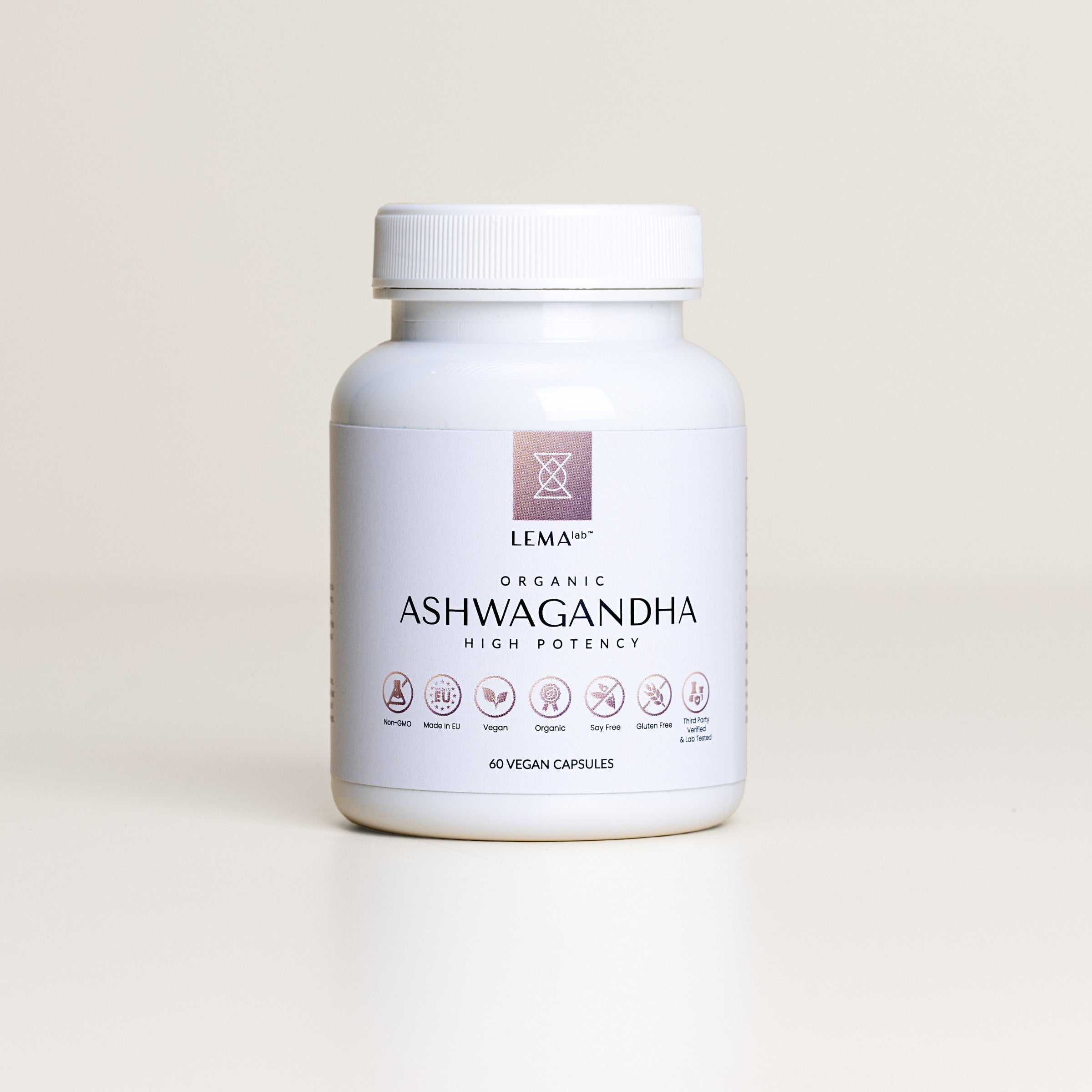

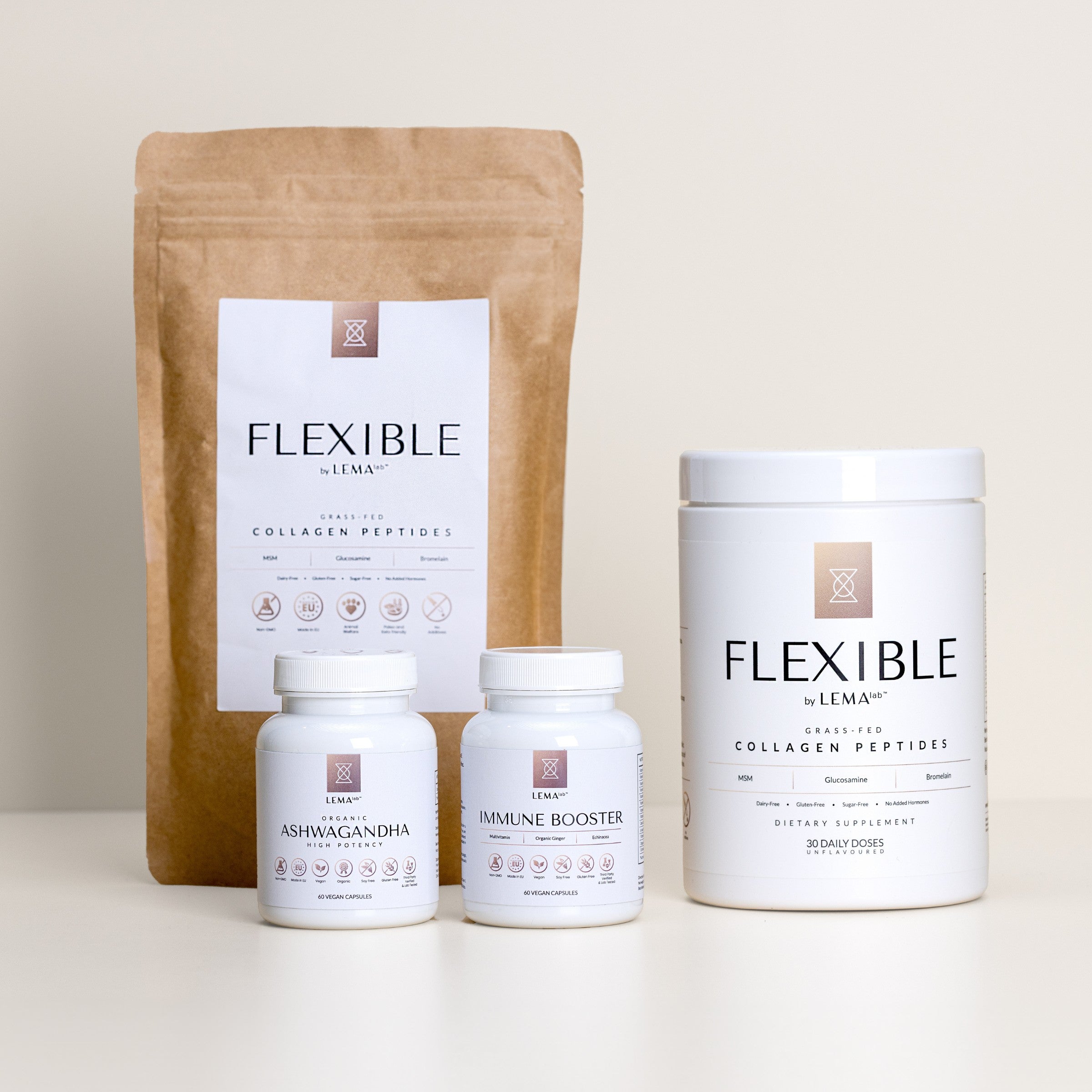
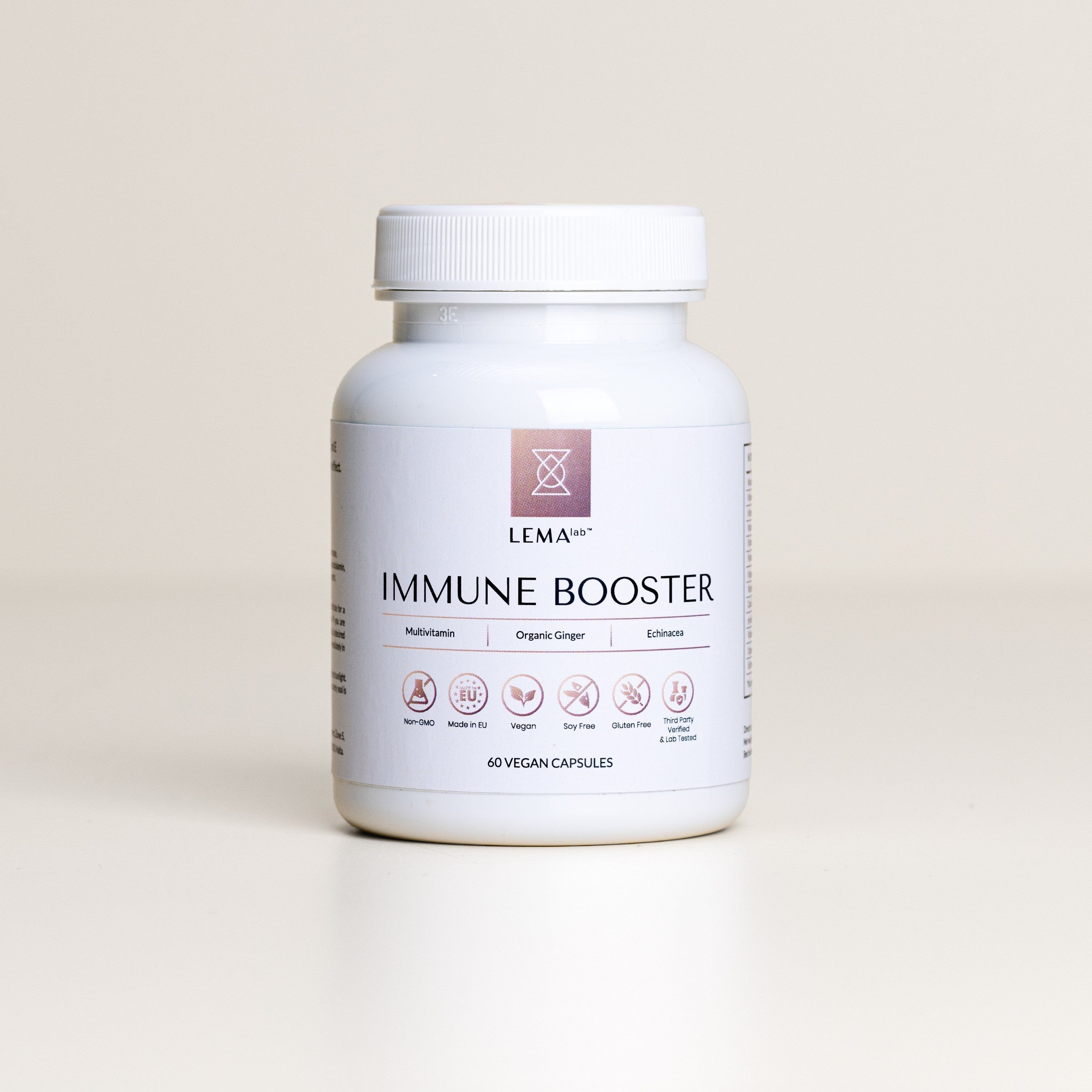
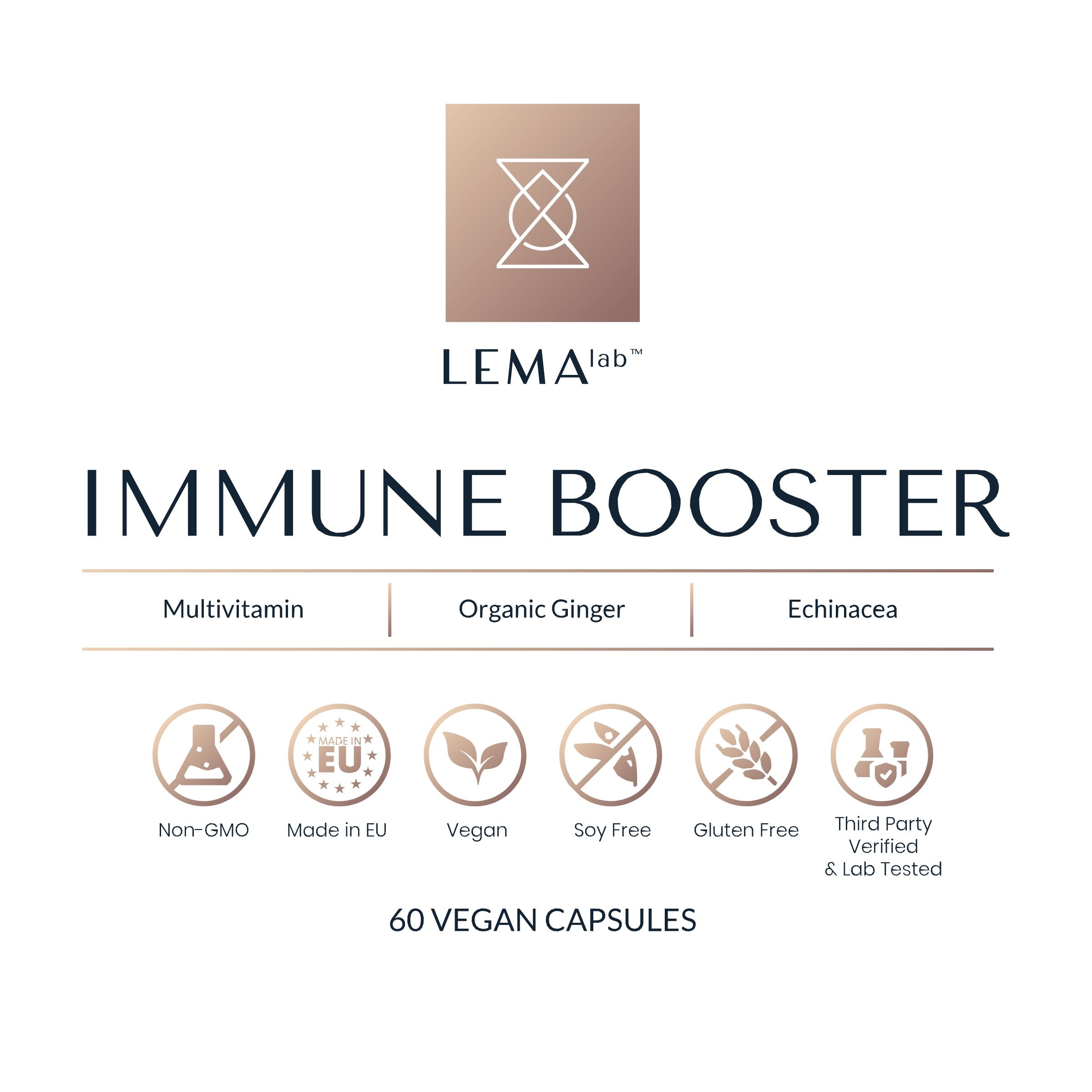
Leave a comment
This site is protected by hCaptcha and the hCaptcha Privacy Policy and Terms of Service apply.